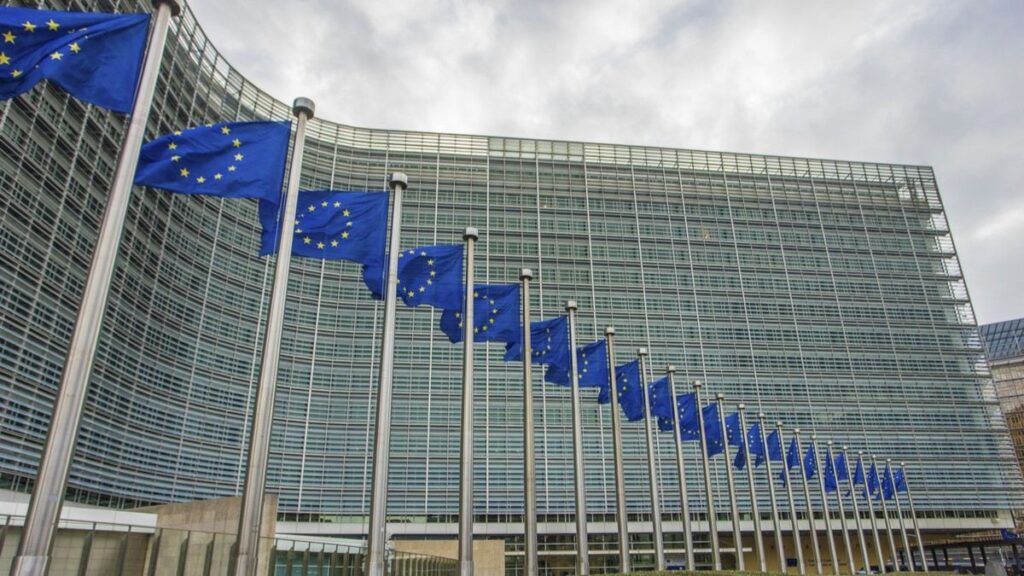
European Union (EU) lawmakers backed a set of new rules on Wednesday directed at breaking down the authority of the Big Tech league in an unprecedented act to restrict their influence.
The Digital Market Act (DMA) was structured to restrict limitations on these companies’ demeanor, in addition to imposing rules directed at their plans to enlarge their firms while obliging them to provide their customer base accessibility to services from their rivals.
The new set of rules will alter and be directed at a modest list of some of the U.S.’ most influential technology establishments, such as Google, Amazon, Apple, Meta – formerly known as Facebook – and Microsoft.
These Big Tech companies caught authoritarian attention when they openly provoked anger in U.S. officials after unfairly aiming at relatively smaller tech firms to monopolize the market to their advantage.
The EU legislators supported their latest rules by a majority of the vote in the European Parliament at the Strasbourg site, encouraging legislation that would have a fundamental impact on how millions of users utilize digital products and services.
“In the future, the European Commission will no longer be running after Big Tech companies,” German lawmaker Andreas Schwab said before the vote.
“The Commission will be able to give the green light in advance when Big Tech companies want to set up new business models,” he added.
According to the lawmakers, these alterations to the rules will restrict the so-called “killer acquisitions.” This directed at Big Tech companies’ acquisitions of smaller firms, and then terminate innovations, by limiting any buyout of companies found to have calculatedly breached the DMA.

The legislators will also incorporate a new obligation demand directed at the Big Tech giants to permit users to have access to uninstall pre-installed applications while providing the option of shifting to rival apps.
The amendment – heavily supported by a provisional of Google competitors – includes DuckDuckGo, Ecosia, Lilo, Qwant, and Seznam.
While some expressed their support to the new set of rules, others did not, such as the App Association – sponsored by Apple and Microsoft – highlighted that these rules will “risk locking up small developers out of the market and seriously hamper innovation.”
The EU institutions’ collaboration with the Parliament on Wednesday will carry critical changes in the bill’s passage, with negotiations between both parties are set to begin in the upcoming year, during which points of digressions might rise.
“We don’t foresee any points of conflict in our discussion next year with the French [EU] presidency,” said Andreas Schwab, member of the European Parliament.
Despite that the set of rules has been structured, one factor remains unscathed, the speed of the Parliament text. This will define the pace allowing the legislators to take action, which immensely relies on what the EU Council decides on the Parliament’s additions.
The legislative branch’s scope on the rules would only be intended for fewer tech firms than the EU Council’s text. Each company must have a turnover of an estimate of at least $9 billion and a market capitalization of almost $89.93 billion.